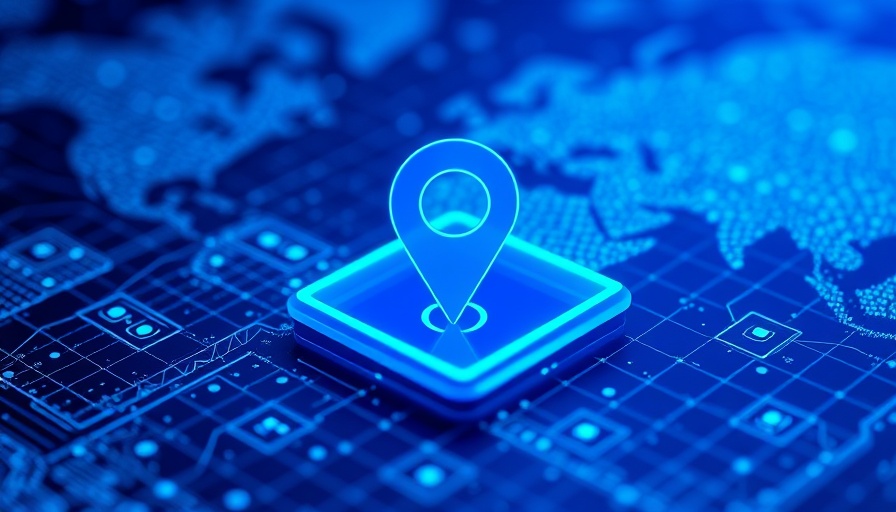
Seoul's Critical Decision on High-Resolution Maps
South Korea is on the verge of a significant decision that could reshape the landscape of digital mapping and navigation in the country. Google and Apple are seeking permission to export high-resolution geographic map data, which would offer a level of detail currently unavailable in their mapping services.
The Stakes: National Security vs. Digital Innovation
The South Korean government remains cautious about approving these requests, primarily due to national security concerns. With the country still technically at war with North Korea, there are fears that revealing detailed maps could compromise the safety of military installations. Previous attempts by Google to gain access to detailed local map data have been thwarted over these fears, with officials emphasizing the need for robust measures to obscure sensitive locations.
Previous Attempts and Recent Developments
This is not the first time that Google has sought access to high-resolution maps in South Korea. In 2011 and again in 2016, requests for the use of local map data were rejected by the government, which demanded local data centers and a commitment to protect sensitive sites. However, recent discussions reveal that Google may have softened its stance, agreeing to blur certain military locations in its maps. Apple, benefiting from already having local servers, may have an edge as it navigates this complex regulatory environment.
Impact on Local Navigation Apps
If the government permits these exports, it could dramatically shift the competitive landscape for navigation apps in South Korea. Currently, local services like Naver Map and Kakao Map dominate the market due to their detailed mapping capabilities. By gaining access to high-resolution data, Google and Apple could finally provide comparable services, potentially undermining local competitors. The implications extend beyond navigation, as such maps are crucial for developing technologies like autonomous vehicles and drone deliveries.
Broader Implications for Global Tech
The upcoming decision is pivotal not only for companies like Google and Apple but also for the future of digital sovereignty worldwide. As nations reevaluate their security protocols regarding data sharing, South Korea's approach will be scrutinized as a potential model for other countries facing similar dilemmas. Should Seoul approve the requests, it may signify a willingness to compromise between national security and the growing influence of American tech giants.
 Add Row
Add Row  Add
Add 




Write A Comment